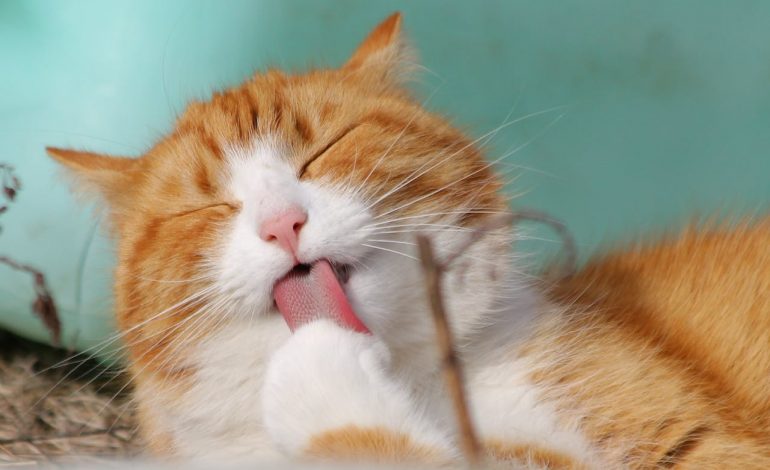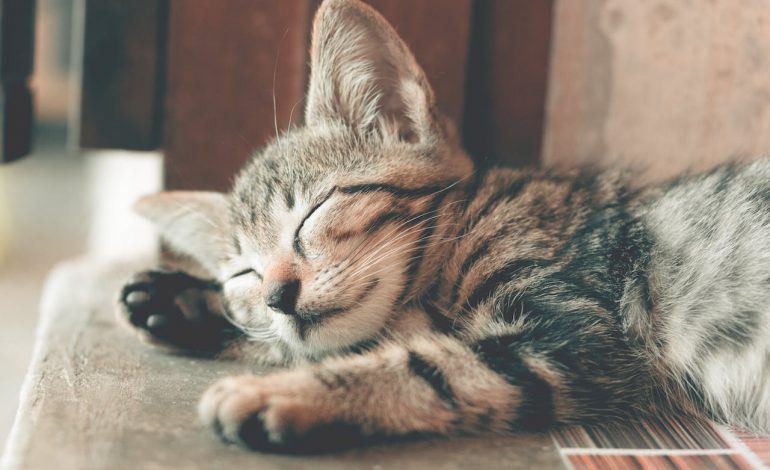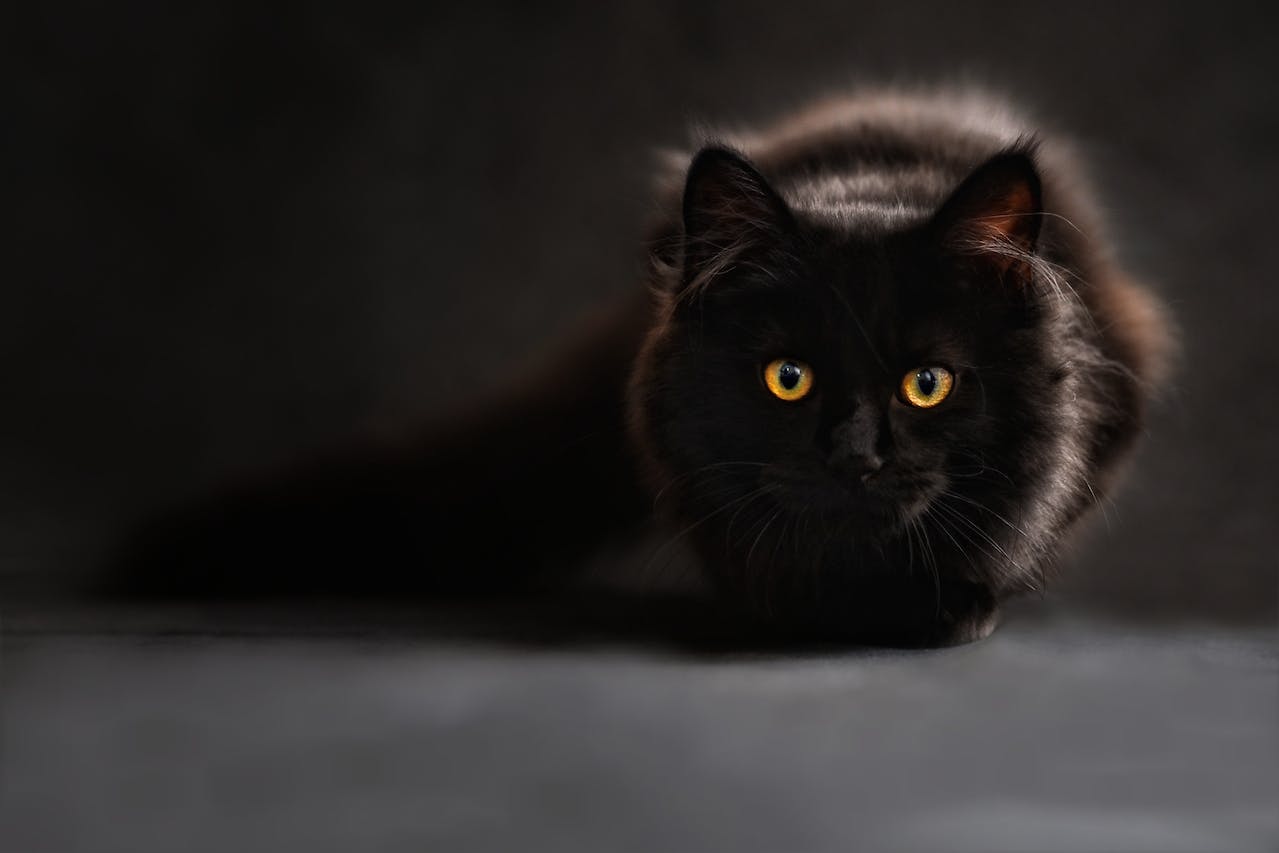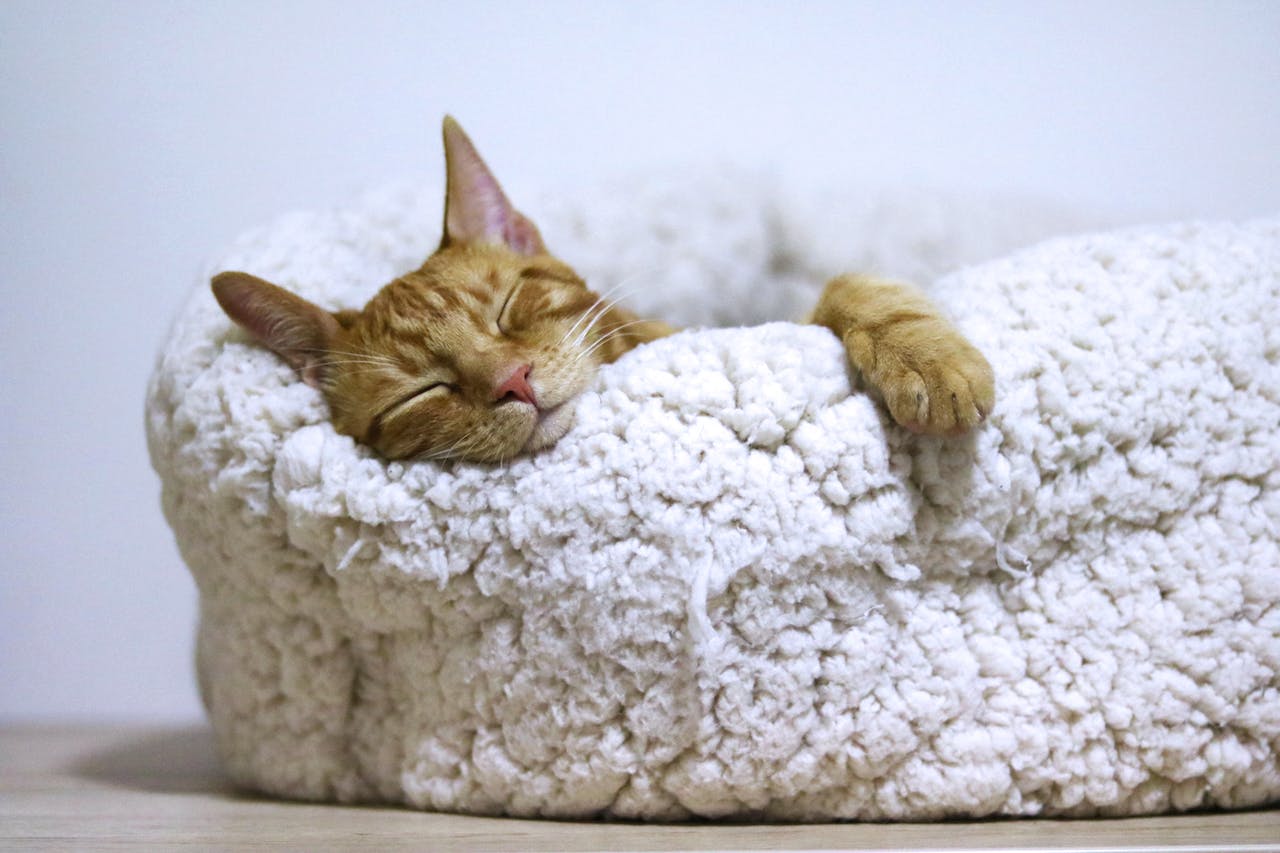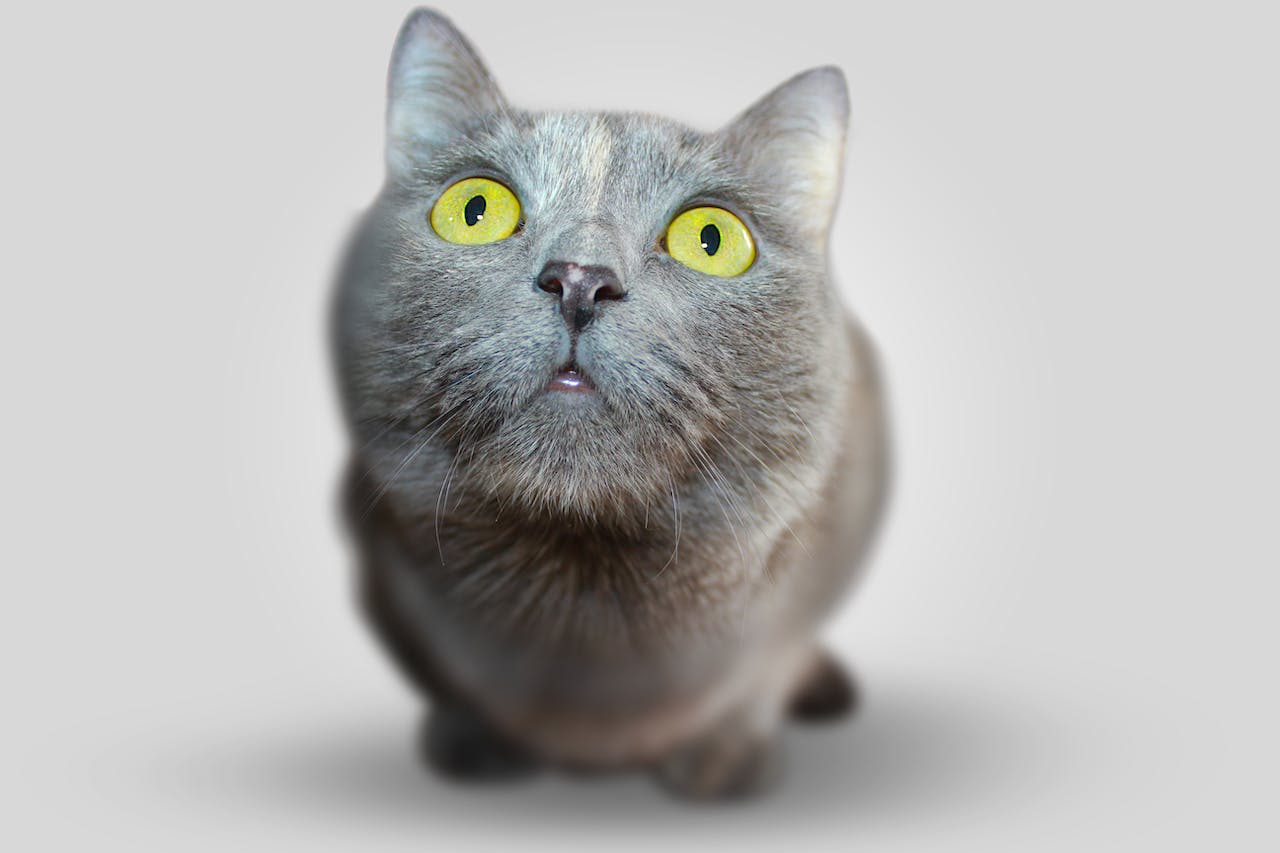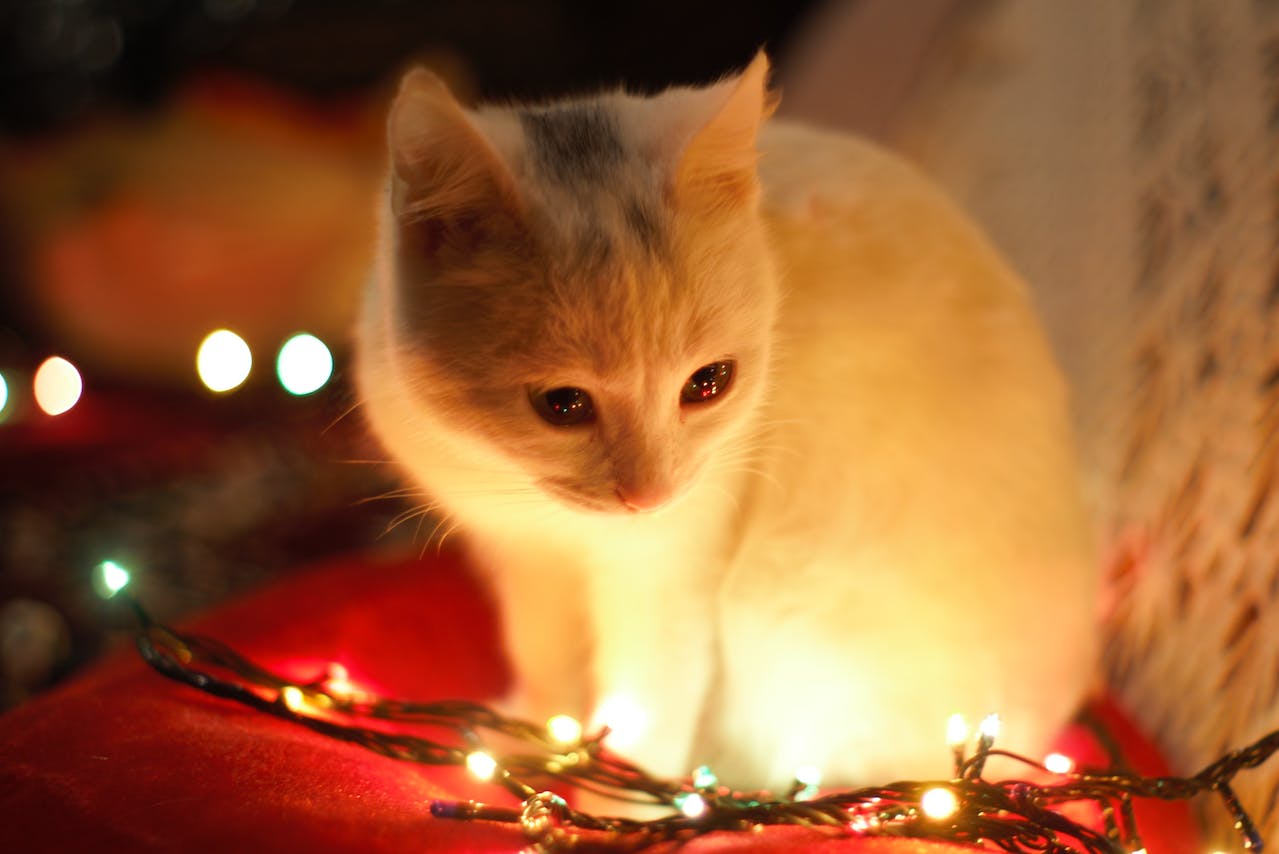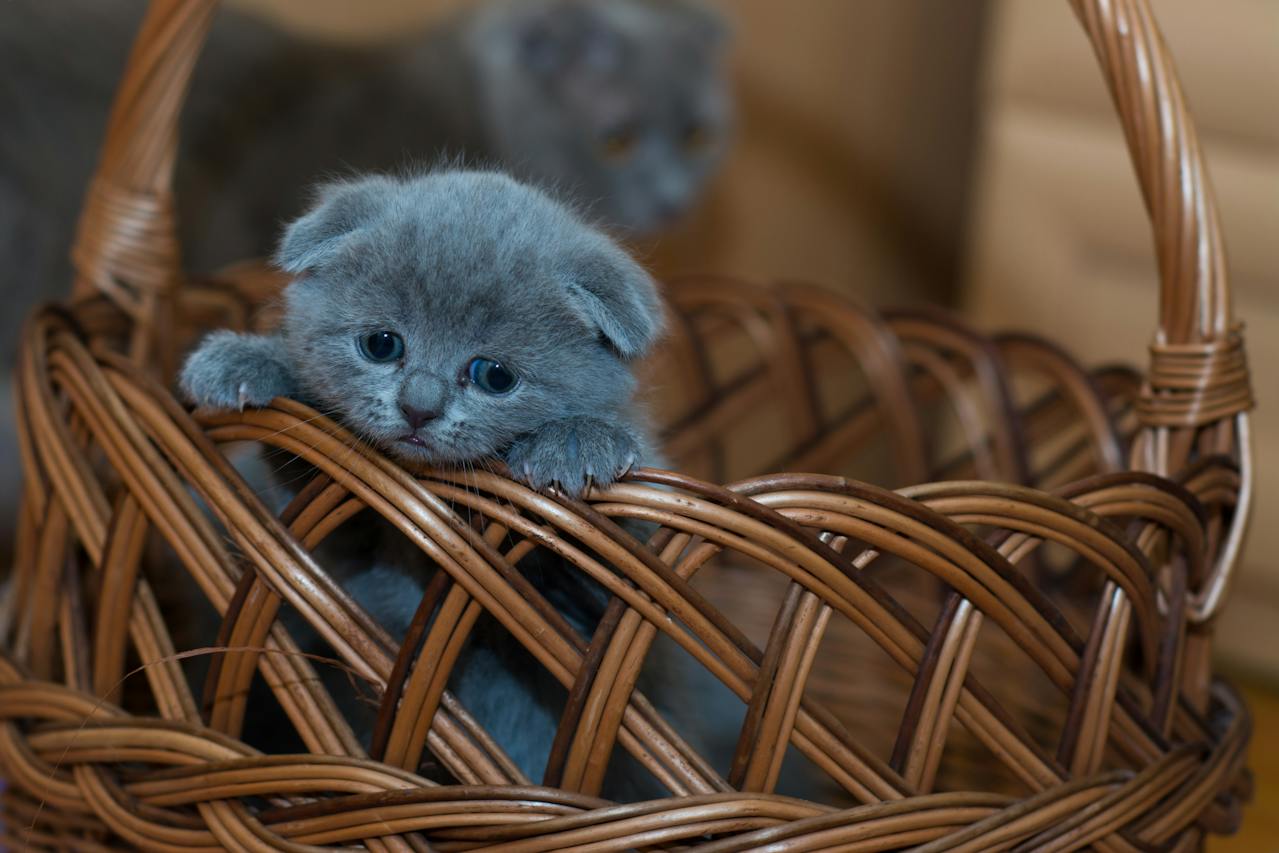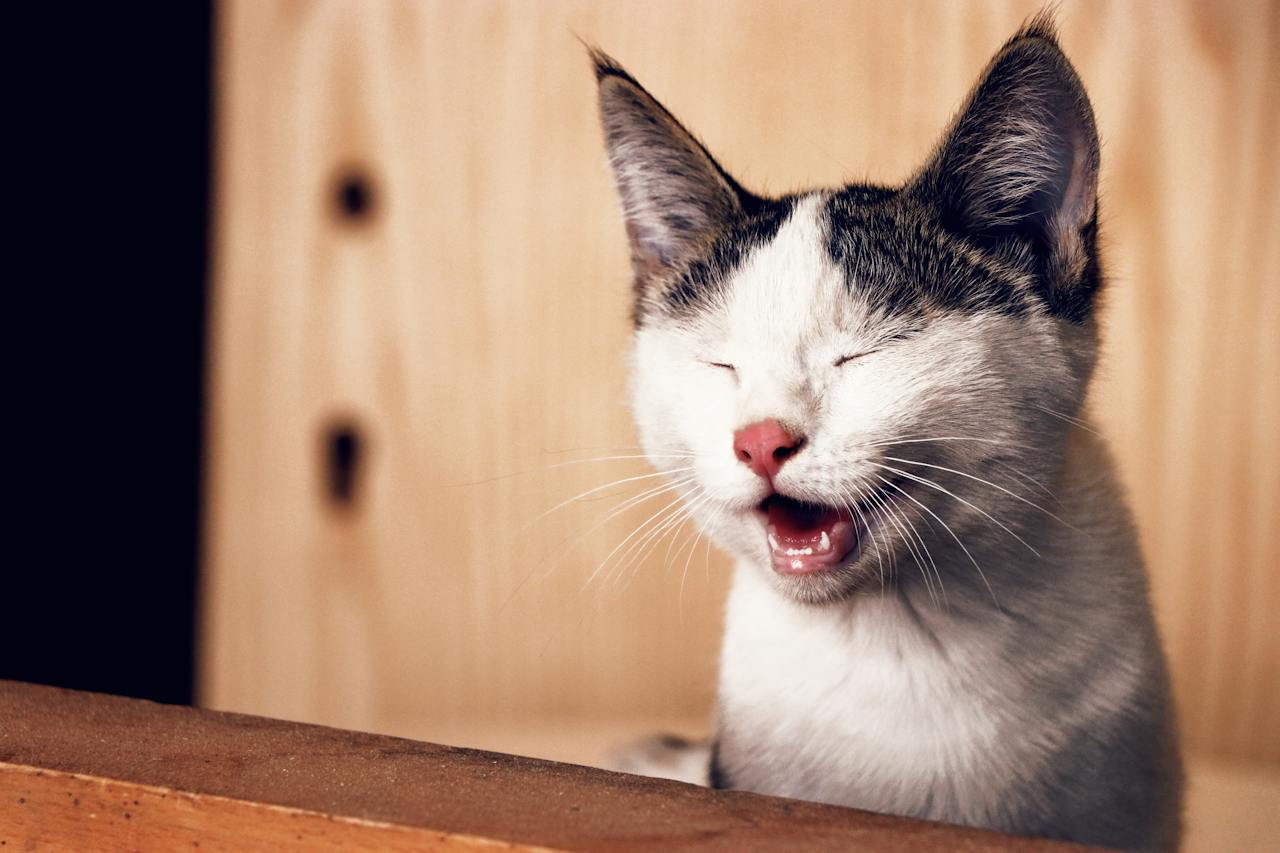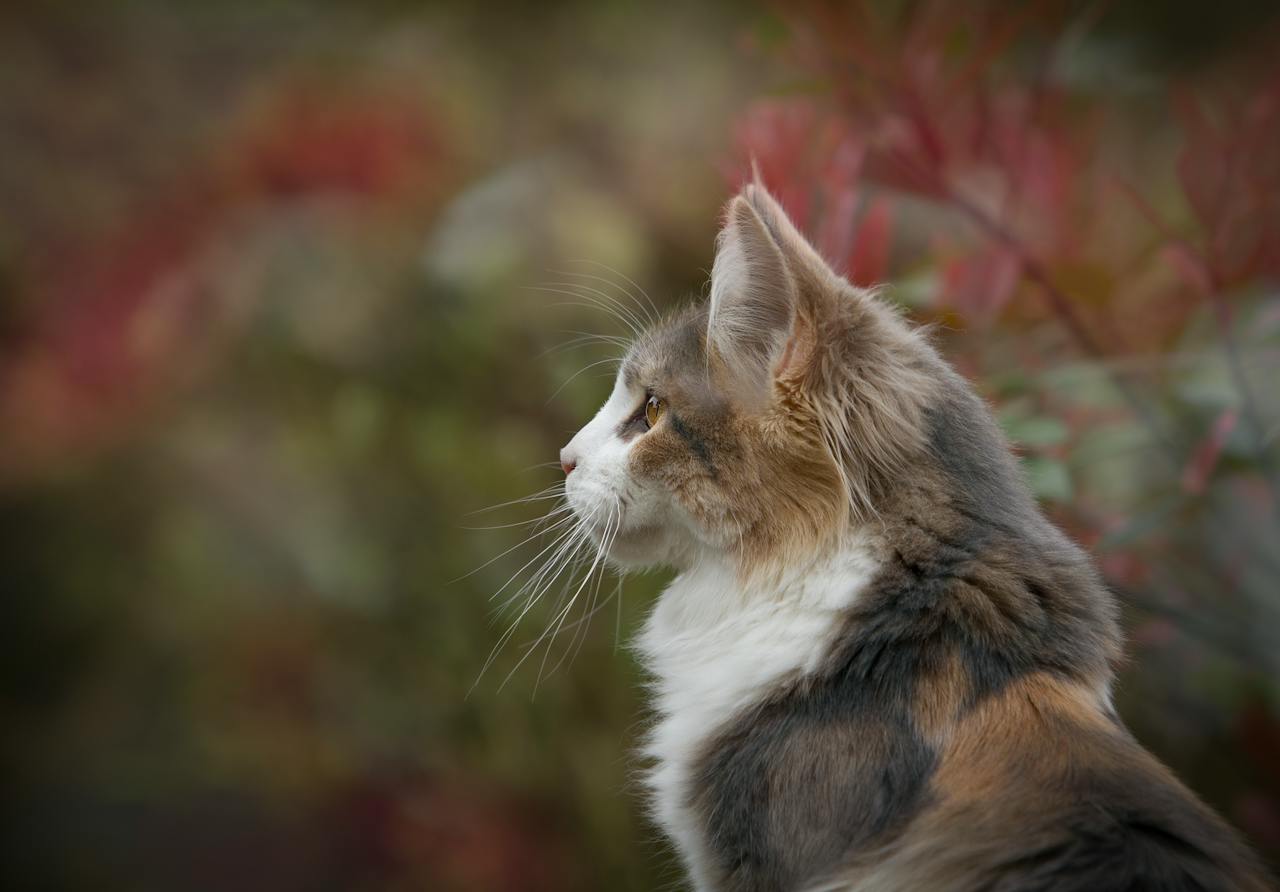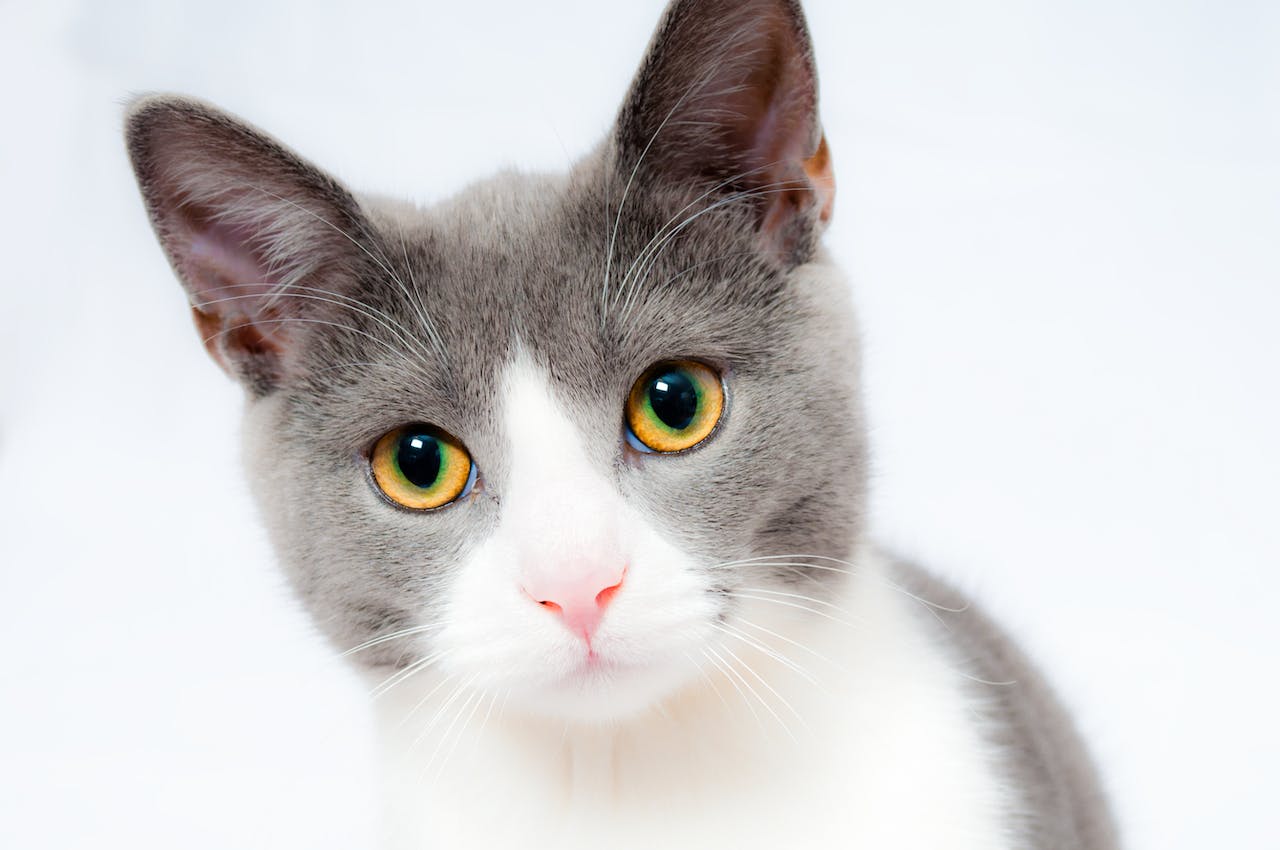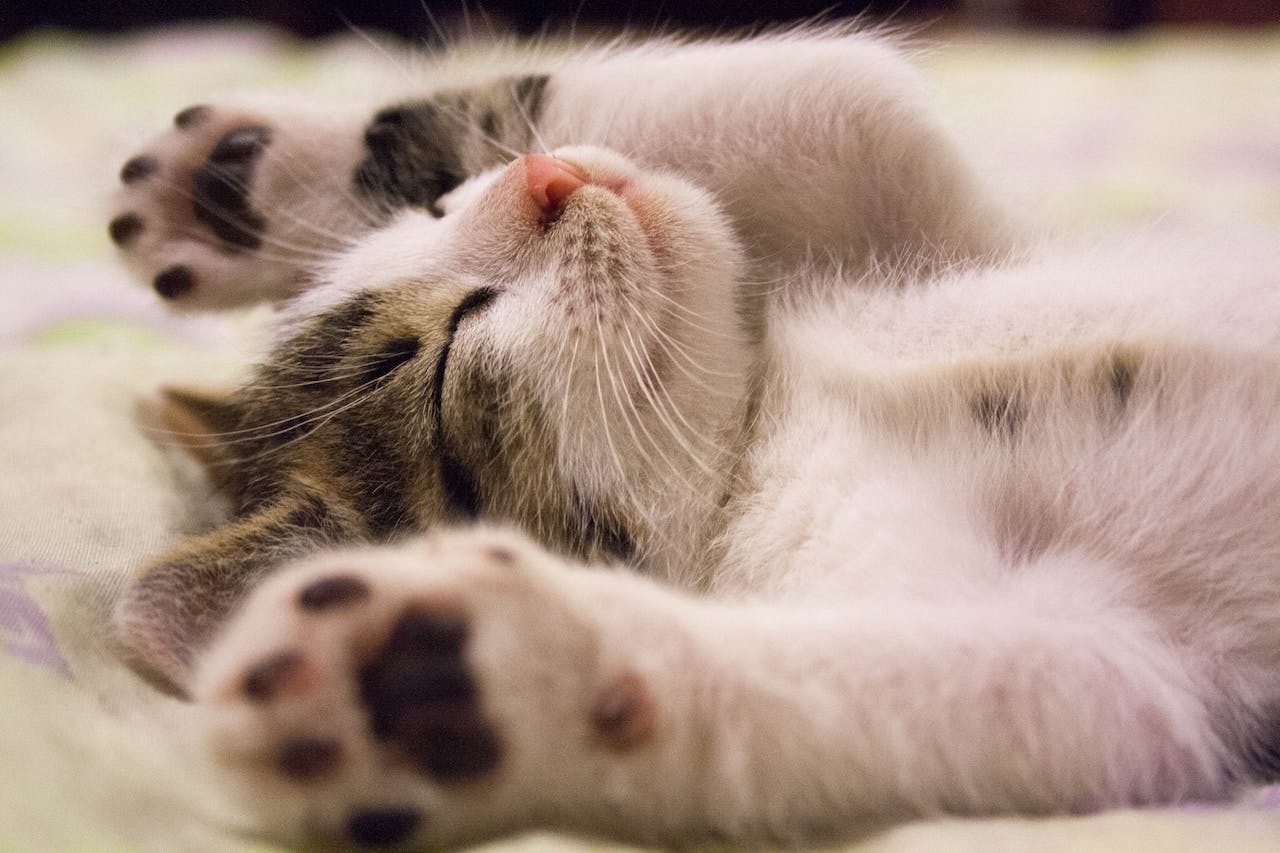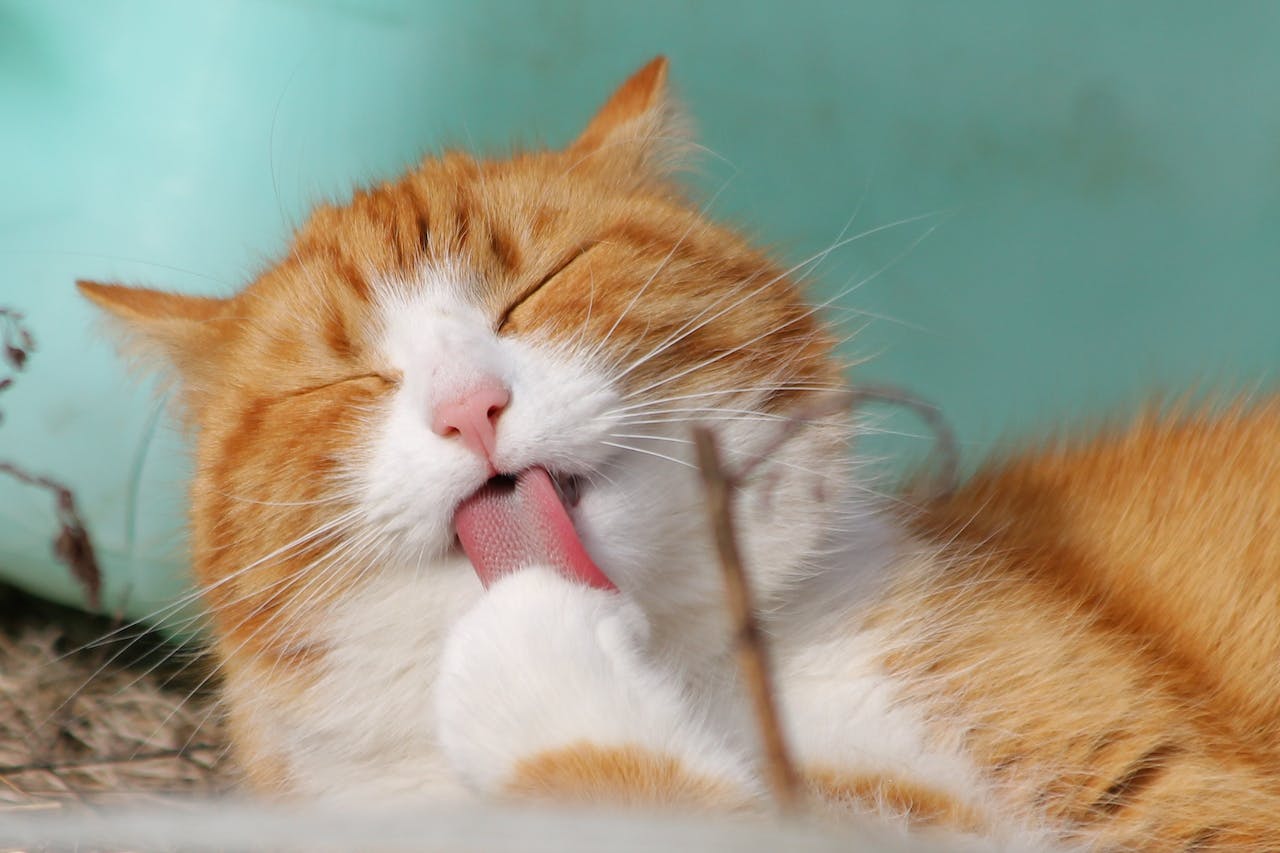Why Do Cats Purr?
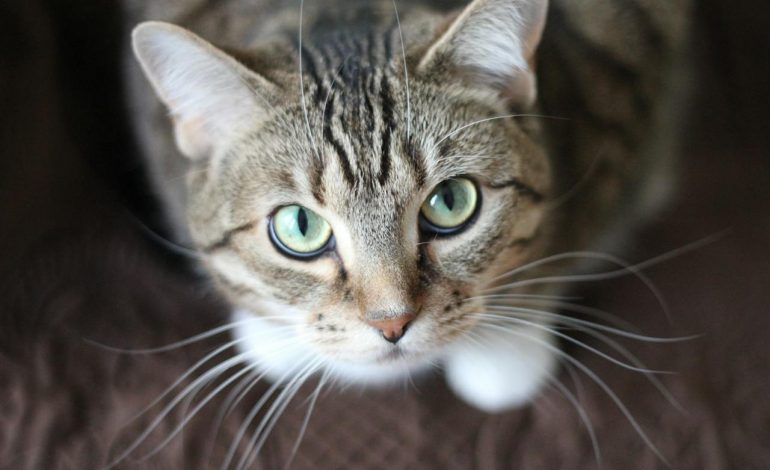
Spend enough cuddle time with a kitty and you are likely to hear or feel some purring vibrations. As common as purring is, not all that much is known about it. That’s why when asked, “Why do cats purr?” I must answer with, “I’m truly not sure!”
What we know about purring
A feline purr is produced using the larynx (the opening to the windpipe where the vocal cords live) and diaphragm. According to scientificamerican.com, the purr happens during both inhaling and exhaling, and with a vibrational frequency of between 25 and 150 Hertz. It is theorized that this frequency improves bone density and promotes healing of bones and muscles.
Perhaps this is why cats have nine lives. This may also explain a longstanding joke within the veterinary profession— if a cat has a broken bone it is likely to heal as long as the two pieces are in the same room!
When do cats purr?
Cats purr in a variety of situations and in response to different stimuli. This is analogous to people and their laughter. What causes one cat to purr or one human to laugh may be completely different than what causes the same behavior in another. Things that can stimulate feline purring include:
- Contentment: Sitting in a favorite human’s lap, lying in the sun, nuzzling up to a favored feline friend are all examples of situations that can induce purring. These are circumstances that seemingly represent true feline contentment.
- Wanting something: Purring can accompany feline requests for something they want, and might be heard at mealtime or when a kitty wants some lap time. This purring is often associated with some vocalization and animated behavior such as weaving in and out of their human’s legs.
- Fear: Believe it or not, some cats purr when distressed or fearful. Such purring is commonly observed in a veterinary hospital setting, and can be quite audible.
- Kitten-mother connection: Kittens begin purring when they are only a few days old. It is most noticeable when they are in close connection with their mama. In fact, kittens are capable of purring while nursing, and mama kitty typically purrs in response. Perhaps this purring behavior represents a means of bonding between a mother cat and her offspring.
When purring is a problem
Some of my feline patients are persistent “purrboxes” in the exam room. This can pose a problem in that loud purring interferes with my ability to adequately assess the cat’s heart sounds with my stethoscope. When this is the case, I humanely attempt to interrupt the purring by covering the kitty’s nose with my finger for a few seconds. If this doesn’t work, I place an alcohol dipped cotton ball close to the cat’s nose. When all else fails, I resort to the tactic of placing the purrbox on the counter next to a sink and turning on the water. If this doesn’t interrupt the vibrations I throw in the towel and simply let the purring persist!
